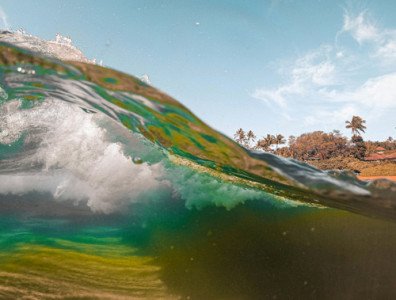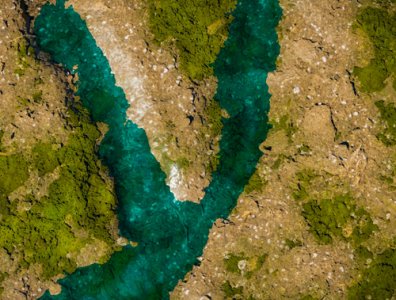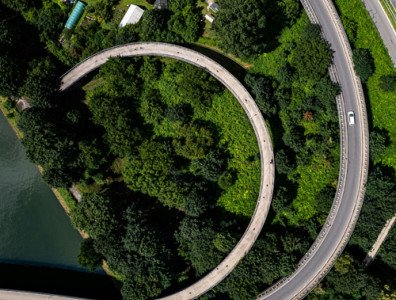Know your number
The net-zero, carbon-offset approach is running out of road, says Dr Rod Carr CFInstD.
The Chair of He Pou a Rangi Climate Change Commission was recently appointed to the United Nations High-Level Expert Group on the Net-Zero Emissions Commitments of Non-State Entities (HLEG).
Speaking at “Now or never: the role of the director in the climate crisis”, an event hosted by the IoD’s Chapter Zero in Auckland, Carr warned New Zealand directors to focus on emissions and their carbon footprint rather than rely on offset strategies.
He says the net zero concept that allows a business the option to reduce its carbon emissions, and pay for an offset, may not stand up much longer. As part of the United Nations’ HLEG, Carr is helping to formulate a position on offsets and their efficacy for managing the impacts of climate change.
The best-quality offsets are additional to other obligations, involve a permanent store of carbon that can be verified and audited, and come with compliance consequences if that carbon is ever released, Carr says.
“It turns out that the permanent, additional, verifiable, auditable removal of carbon from the air is estimated to have accounted for 100,000 tonnes of carbon dioxide equivalent last year. Out of 55 billion tonnes of emissions.”
In short, the global system is not delivering.
Local impact
With his Climate Change Commission hat on, Carr has put it to the New Zealand Government that the emissions trading scheme encourages a “plant and pollute” approach.
“Many of the offsets that are claimed [globally] to be available are dubious, at best, and at worst, fraudulent.”
He says that, as climate change impacts worsen and mitigation becomes more urgent, the focus will – very quickly – return to emissions and away from offsets.
Boards are going to need to have a clear explanation of their greenhouse gas emissions, their “number”, Carr says.
“Do you know your number? By 2025, every one of 23,000 farms in New Zealand will know their number. Will you know yours?
“If you don’t know your number, and your competitors do, you are at a disadvantage. If the regulator thinks you should know it, you are going to have a major difficulty. If your investors want to know it, and you can’t tell them, you have got a problem.
“If your bank wants to know and you can’t tell the bank, you have got an even bigger problem.”
The banking sector globally is increasingly being held accountable for “financed emissions”, emissions that are enabled by lending, he says.
“If you don’t know your number, your cost of credit is going to be higher than it would otherwise be.”
Risks with net zero
More broadly, the risk of lawsuits as the result of claims about products and services being described as “net zero” is increasing fast.
While there has been a period of time when we have got away with “winks and nods” towards the environment, that is coming to an end, Carr says.
Boards need to be sure they can defend against charges their organisation’s net-zero claims are misleading.
“I believe that before the middle of this decade, we will find that claims about environmental impact will have to be scrutinised with the same degree of discipline as claims in prospectuses about financial status and expectations.”
Should Shell be able to sell “net-zero diesel” because it has offset emissions via a deal in the Congo to protect a forest? Carr doesn’t believe this approach can stand the increased scrutiny that is coming.
“What if it turns out that this whole net-zero veil of virtue obfuscates the truth of growing global emissions?”
To avoid being embarrassed, or even finding themselves in court, directors need to rigorously analyse anything that looks like an “offset”. “
Carr advises boards “know your gross emissions, and have a plan to reduce those emissions” while treating net-zero strategies as transition state to a more effective climate policy.
The scope of the challenge
At the start of the pandemic, when the world went into rolling lockdowns and international travel fell to almost nothing, global emissions fell by 6%.
“Emissions are so widely embedded in our civilization – what we eat, where we live, what we do – that we only had a 6% reduction when we stopped flying and driving,” Carr says.
“That shows this to be one of the most challenging things any civilisation has contemplated doing. The fossil fuel energy that has powered the civilisation that we live in, is coming to an end.”
About Chapter Zero
Chapter Zero, hosted in New Zealand by the Institute of Directors, is part of a global climate action initiative. This global initiative aims to help directors make well-informed decisions on climate policy for the benefit of their organisations, their communities and the world.
The Chapter Zero steering committee in New Zealand includes directors from a variety of organisations including the NZX, Westpac, Air New Zealand, Z Energy, Fisher and Paykel Healthcare, a2 Milk Company and the Arts Council.
Chapter Zero offers directors and business leaders a chance to tap into the knowledge of their peers and provides access to the ideas of a network of directors who are facing similar questions across different industries.
Also read "Read the roadmap", a summary of Hon Grant Robertson's presentation at "Now or never: the role of the director in the climate crisis” event held 18 August 2022.



